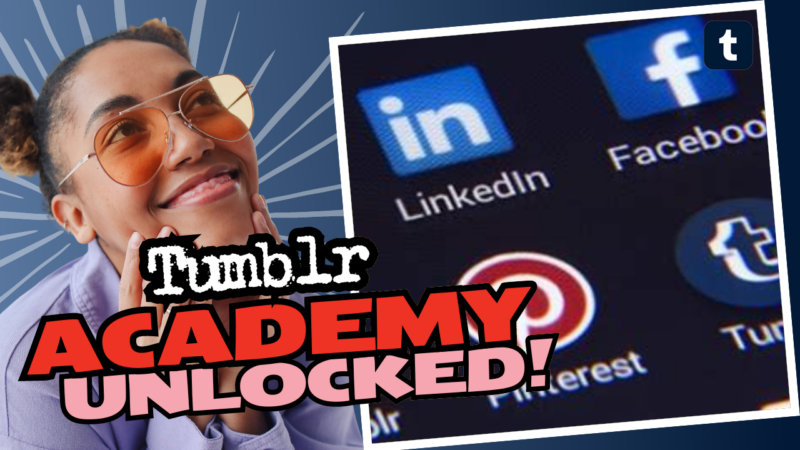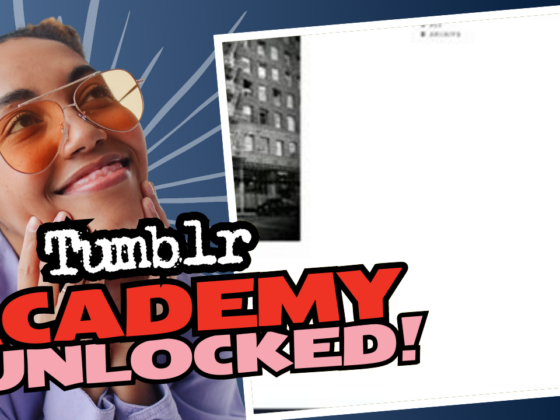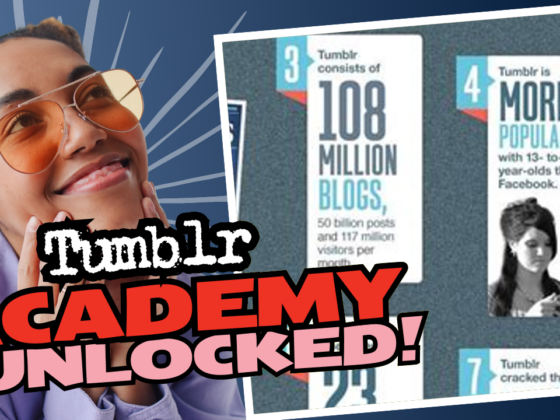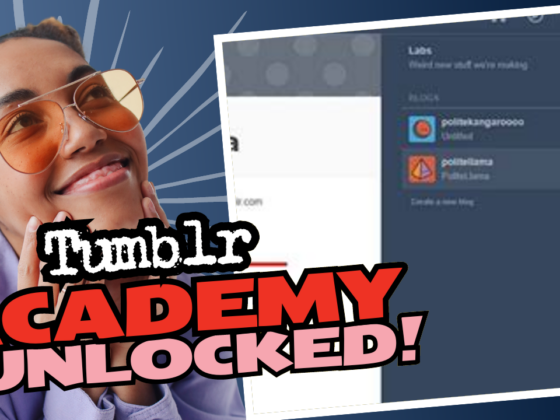Do Russians Have Access to Tumblr? The Great Internet Tug-of-War!
Oh, the age-old tug-of-war between accessibility and censorship in Russia! The short answer to whether Russians have access to Tumblr is a resounding *yes*, but as with everything in this complex digital world, it comes with a catch (or two!). Sit tight because we’re going down the rabbit hole of VPNs, government regulations, and, of course, the splendid irony of “blocking” access in a country where innovation in circumvention shines brighter than most businesses.
Is Tumblr Hot or Not in Russia?
Ah, Tumblr, that quirky bastion of gifs, fan art, and the occasional deep existential dread. While the official stance might be a mix of indifference and skepticism, Tumblr still finds its ways into the Russian internet ecosystem, often trotting in hand-in-hand with handy VPNs. The truth is, when the Russian government tries to impose blocks, it’s almost akin to a toddler trying to build a wall with Legos — ambitious but ultimately flawed!
VPNs — The Untouchable Heroes!
Let’s roll out the red carpet for VPNs — the unsung heroes of the internet for many Russians. People in Russia have found ingenious ways to bypass these pesky blocks. Here’s the kicker: while the Russian government may try to restrict access to websites like Tumblr, Reddit, and even social media platforms like Twitter and Facebook, the sheer determination of the average Russian internet user means that nothing can truly stay blocked for long.
“In Russia, nothing can be permanently blocked, banned, or removed from the market.”
When one door closes (or gets locked), you can bet that someone will open a window that leads straight to the digital world beyond! Many savvy users employ a variety of VPN services that effectively tunnel their way around restrictions. It’s like playing a game of digital cat and mouse, where every time the government sets a trap, the internet users come up with an even better escape plan.
Why Bother Banning Anything?
Moot question, right? What’s the point of a ban when VPN technology is as popular as a good shot of vodka at a party? Just when you think the internet is going down for the count in Russia, VPNs are there like Captain America, ready to save the day. Whether it’s ExpressVPN, NordVPN, or the beloved Opera (which has a built-in VPN, can you believe it?!), Russians are resourceful in finding ways to reach their beloved corners of the internet.
- Proton VPN — a free app that works like a charm!
- Opera’s built-in VPN — because who wouldn’t want a browser that doubles as a superhero?
- Tor Browser — if you’ve truly given up on life and want that extra level of anonymity.
The irony doesn’t stop there. Despite bans on Tumblr or Twitter, these platforms continue to thrive in the shadows. Let’s be real: it’s almost like the Russian government has entered a sitcom where every block creates a new punchline. While it may think it’s winning, the internet has essentially become an NSFW adult party where the fun never really stops.
What About Social Media Shindigs?
Interestingly enough, social media platforms like Instagram and Twitter have felt the heat of censorship too. You’d think banning friendly platforms would bum out the youth more than a wet sponge at a party, but it turns out, the youth really know how to pivot! Regardless of the ever-growing list of banned sites, Russians have persisted in their quest for connection through VPNs, engaging in *doomscrolling* as they brave through political memes and the latest foreign news. If Netflix was a person, they might just be crying in the corner from all the drama unfolding.
The Dark Side of Content Moderation
We shouldn’t gloss over the *definite* tension in the digital commons. The struggle between freedom of expression and curbed speech is palpable. For many Russians, platforms like Reddit have become increasingly hostile. Forget about the friendly little bear dancing in the forest — the online world feels a bit like a haunted house. There’s a growing sentiment that the groups who laud Western ideals can often descend into vitriolic territories, which has left many users feeling alienated.
Why the hate, you might ask? Well, there’s a phenomenon known as “Russophobia” — think of it as the boogeyman under the bed that sends chills down the spine of the average Russian browsing through Reddit. Many Russians notice that discussions veer into hostile territory, with posts flaring arguments over geopolitics faster than you can say “globalization.”
Alternatives in the Russian Digital Landscape
As we navigate this little web of censorship, technological bypassing, and cultural nuance, it’s important to ask: what are the alternatives? When you’re tired of the same old platform, it’s time to scout out some cool substitutes that won’t throw you into a hamster wheel of frustration. You’ve got:
- Pikabu — Russia’s very own imageboard resembling the good ol’ days of Reddit.
- VK — A Russian social media giant that’s like the lovechild of Facebook and Instagram.
- Telegram — Not your typical social media, but it’s become a hotbed for discussions and community on various topics.
As darkness falls upon some platforms, others rise to take their place, almost like a digital version of Jenga! If you can’t get on that one platform, simply find your people elsewhere. In reality, humans are inherently social, and no government ban can truly take that away, though they might try to dull it.
The Final Word: Keep on Surfing!
So, is Tumblr accessible for Russians? The answer fluctuates between “yes” and “it depends,” heavily weighing in on the magic of VPNs and the cleverness of the average user. The reality is that the Russian internet scene continues to adapt. While the government’s attempts at censorship reflect a much larger, problematic narrative, tech-savvy individuals are finding ways to keep their voices heard and their opinions free.
Ultimately, as exhilarating as the digital landscape might be, the ongoing back-and-forth between bans and workarounds ensures that Russians will continue to engage with platforms like Tumblr, Reddit, and much more. So, buckle up, keep your VPNs handy, and ride that digital wave!









